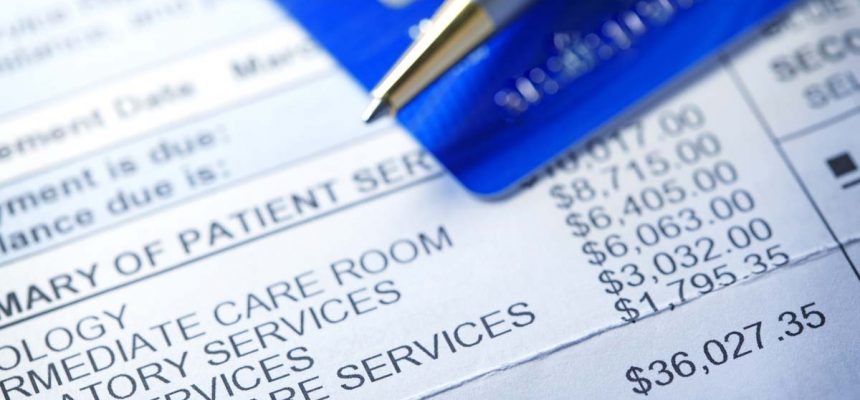Cancer Treatment’s Surprise Side Effect: Billing Issues
By Consumers For Quality Care, on March 6, 2019

Since Carol Marley was diagnosed with cancer, her most “gnawing, ever present concern” has been something she never anticipated. It’s not chemo or fear of the unknown, according to NPR. Instead, it’s the bills. She wasn’t prepared for the confusing medical bills and hours on the phone with her insurance and providers.
“I have faith in God that my cancer is not going to kill me,” says Marley, who lives in Round Rock, Texas. “I have a harder time believing that this is gonna get straightened out and isn’t gonna harm us financially. That’s the leap of faith that I’m struggling with.”
When Marley was diagnosed with pancreatic cancer in July, she did not anticipate the onslaught of issues with her medical bills. A nurse herself with good insurance and access to top physicians, she thought she would know how to handle her treatment. Marley’s husband says he often comes home to find his wife exhausted and frustrated after spending another day of recovery on the phone decoding or disputing medical bills.
Marley says she was prepared to pay the $6,000 deductible and the $10,000 out of pocket max stipulated by her insurance plan, provided by her job at Ascension Health.
“What I didn’t anticipate is the knock-down, drag-out fight that I would have to engage in to get people to see there were errors and address it.”
Even as a nurse, Marley says she often is befuddled by medical bills, unable to make sense of what the charges are. More than once, the bills have had errors. She says she tries to keep up with the bills, but the only way for her to fix them is by making phone calls.
On this particular afternoon, Carol has a long list of calls to make. One to figure out why she couldn’t access her insurance claims online. Another to a medical provider that urged her to pay $380, even though it acknowledged that it owed her about $80 of that total.
On the phone, the provider’s office suggests Marley pay the full amount and wait for a refund. Marley objects, saying she is concerned the refund will never show up.
Studies have shown the impact cancer has on patients’ financial health as well as their physical health.
More than 42 percent of the 9.5 million people diagnosed with cancer from 2000 to 2012 drained their life’s assets within two years, according to a study published last year in the American Journal of Medicine. Cancer patients are 2.65 times more likely to file for bankruptcy than those without cancer, and bankruptcy puts them at a higher risk for early death, according to research.
For Marley, understanding and correcting the bills is as much of an issue as paying them.
“It’s not any one individual. It’s not any one system or provider,” she says. “The whole system is messed up”




